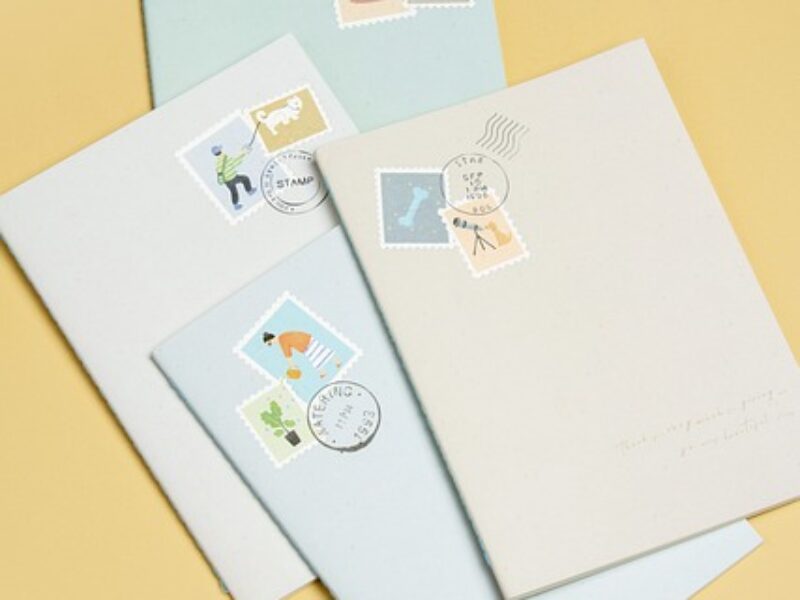Writing a Letter to Your Creative Baby
Do you ever feel disconnected from the projects you are birthing? Do you need a new way to feel positive about a project that has been years in the making already? Do you need a push to help you reinvest in your memoir-baby?
Over the past few years, at the suggestion of one of my favorite journaling teachers at The Therapeutic Writing Institute, Linda Barnes, I’ve begun to write letters to my writing projects.
I’ve given my memoir a special name—my Merry Memoir—and when we’ve been apart for a few weeks and need a way to reconnect, I write her a letter.
Over the past week, I have been processing editorial feedback on my memoir. My PTSD from a former relationship was triggered by some of the comments, and I was humbled by the emotional accuracy that the editor recounted as she provided feedback on the plot.
After I took some time to “parent” myself—feel into the grief of PTG (post-traumatic growth), mother the aches in my body, and take a break from writing itself—I was ready to reconnect with the feedback.
But first, I wrote a letter to my Merry Memoir. I was able to acknowledge the parallel paths of growth and grief as a PTG survivor. I was able to imagine more self-care routines as I write my next draft. I was able to fully commit to the “A” story that the editor recommended and write words on the page that felt too hard before knowing I had an editor who was trauma-informed, words like childhood emotional neglect and disorganized attachment style. I considered the use of an “Author’s Note” to help me stay clear on what the memoir can do and won’t do—a buffer for further self compassion towards myself.
So if you’re a creative writer, and need some support to help you feel good about your next draft, I recommend writing a letter to the project. Give her a name! Imagine she is on your team. Say hello to her. You will be comforted by the letter form because it can act as a practical conversation with helpful results to ensure you have some next steps. It can also turn a conflict between you and the project into a positive dynamic once you’ve spoken to her and shared your feelings. The letter form also means you are not just writing “into the void” without a listener. The writer/recipient form means that you too have to focus your talking points to what matters most to you. This usually comes near the end of the letter. Writing a letter also slows down your imagination (it wants to work slowly anyway) and brings your attention to something that makes you feel alive.
So set your timer for 10 minutes, get out your favorite pen, find a quiet spot and start the conversation.
